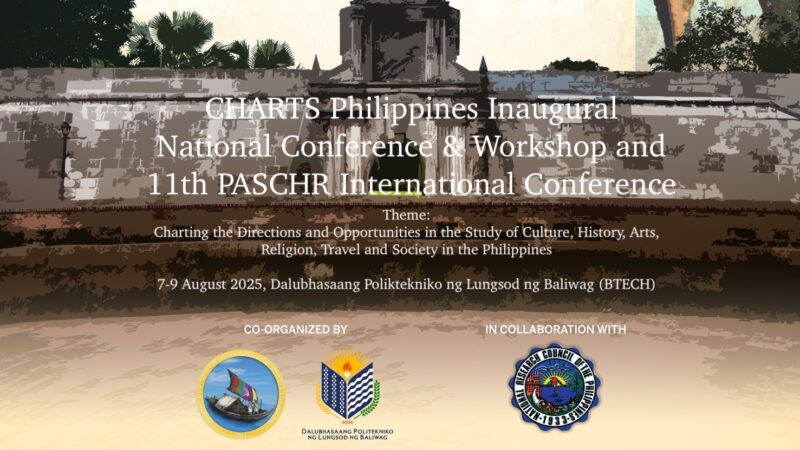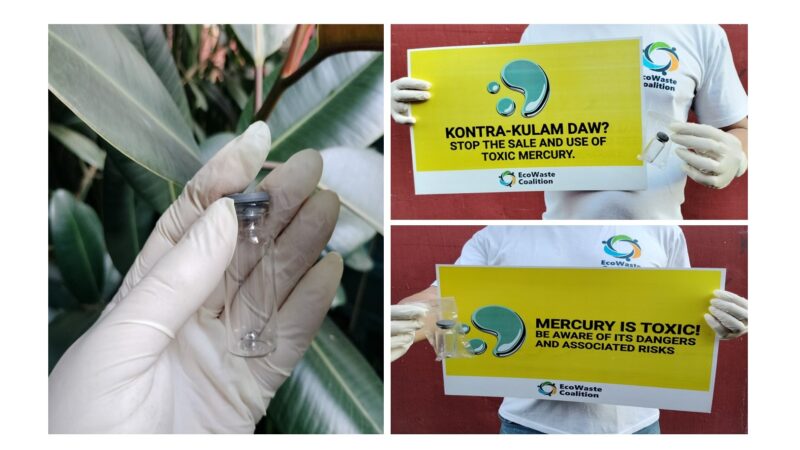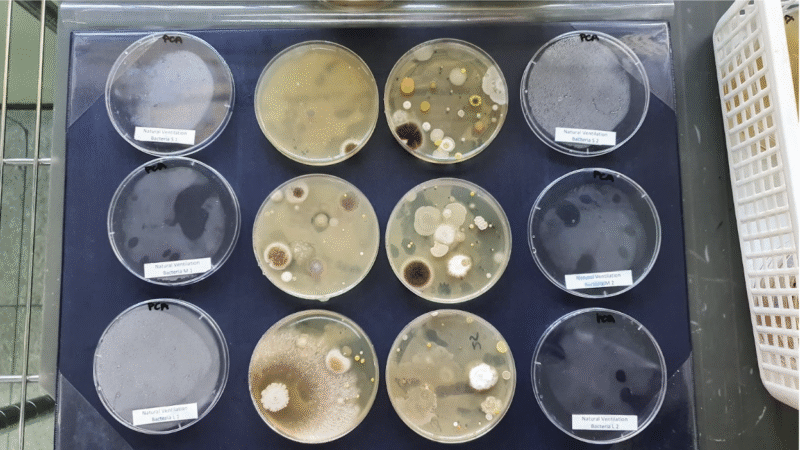ASEAN women: leading the region towards a better normal
By ACB
LAGUNA, Mar, 8 — Today, the ASEAN Centre for Biodiversity joins the world in celebrating International Women’s Day. The theme “Women in leadership: Achieving an equal future in a COVID-19 world” underlines the central role of women in surmounting one of the worst pandemics of this generation.
When the United Nations declared 8 March as the International Women’s Day in 1977, it recognised the strong force of women from all walks of life who fought for their civil and political rights. More than four decades later, women continue to face formidable challenges, especially now amid public health and climate crises.
The COVID-19 crisis has laid bare the vital nexus among biodiversity, health and humanity’s actions towards nature, with the decline of biodiversity and ecosystems being considered as among the drivers of infectious diseases.
The 2020 ASEAN Gender Outlook published last month emphasises the unique connection of women to nature. A significant percentage of women in Laos (64 per cent), Viet Nam (39 per cent) and Cambodia (34 per cent) are engaged in agricultural activities, and they also comprise a substantial part of the fishing and aquaculture sector. The decision-making roles of the women of ASEAN–from the care work at home to establishing their own livelihoods or charting their career to contribute to the family’s income, prove to be even more significant in this pandemic. Encouraging women’––who often hold key knowledge in environmental protection will play a decisive role in our collective vision of a sustainable future.
Building women’s access to resources and agency to decide for their families and communities puts them in the position to fully appreciate the intrinsic value of nature and the sustainable management of resources. The recognition of this potential affords women the leadership advantage to play a significant role in the whole-of-society approach in biodiversity conservation. At the global and regional levels, women leaders have been taking key roles in policy and decision-making, advocacy campaigns, and actual implementation of programmes that support biodiversity conservation. Global environmental bodies are now being led by women with utmost dedication and commitment to halting biodiversity loss and pushing for sustainable solutions. In the ASEAN’s working group on nature conservation and biodiversity, six out of the 10 member states are represented by women officials taking leadership roles in shaping biodiversity-related policies in their respective governments.
We are proud to have a great number of awe-inspiring women in the ASEAN region. Today, the Global Landscapes Forum (GLF) recognised 16 women who are working for environmental protection and restoration. Two of them are from the ASEAN — Joji Cariño, an Ibaloi of the Cordilleras in the Philippines and advocate of indigenous peoples’ rights, and Sumarni Laman, a youth leader of a forest restoration project in Indonesia.
Meanwhile, the conservation of 50 ASEAN Heritage Parks (AHPs) in the region is also bolstered by the active participation of women leaders in the AHP Programme, especially in the development of management plans, and their voices are acknowledged in management roles. Their efforts, along with those from the other sectors and segments of society, can be multiplied through meaningful partnerships and cooperation from the local to the regional level.
The ACB, as the regional hub for biodiversity conservation, has been facilitating various programmes to support gender and biodiversity mainstreaming. Gender assessments and capacity development training have been conducted in 2017 and 2019, yielding regional training modules on Gender and Biodiversity. This coming 16 and 18 March, these modules will be launched among the ASEAN Member States during a regional Training of Trainers. Through these communication and education materials, we are hopeful that we create an enabling environment where the women stand in strength, leadership, and collective action in the cause to protect and restore our rich natural heritage.
Indeed, among the key steps to uplift the lives and livelihood of ASEAN women is through conserving and sustainably managing the remaining biological resources. In the immediate term and as part of our recovery efforts, it is important to provide economic stimulus for women, who most often dominate small businesses and also provide care for their households. Assistance should include, as well, the necessary support systems and infrastructure to enable them to fully harness their innate ability to balance their multiple roles of nurturing their environment and contributing to societal development.
Women help shape our future for the better. In these unprecedented times, we are now on the cusp of creating an opportunity for women to have a more vital role to achieve a better normal. This recognition makes more sense today as many women are, and have always been, crucial in the efforts to conserve and protect the planet, improve socioeconomic conditions and ensure humanity’s health and wellbeing. (TMSLim/ACB)






